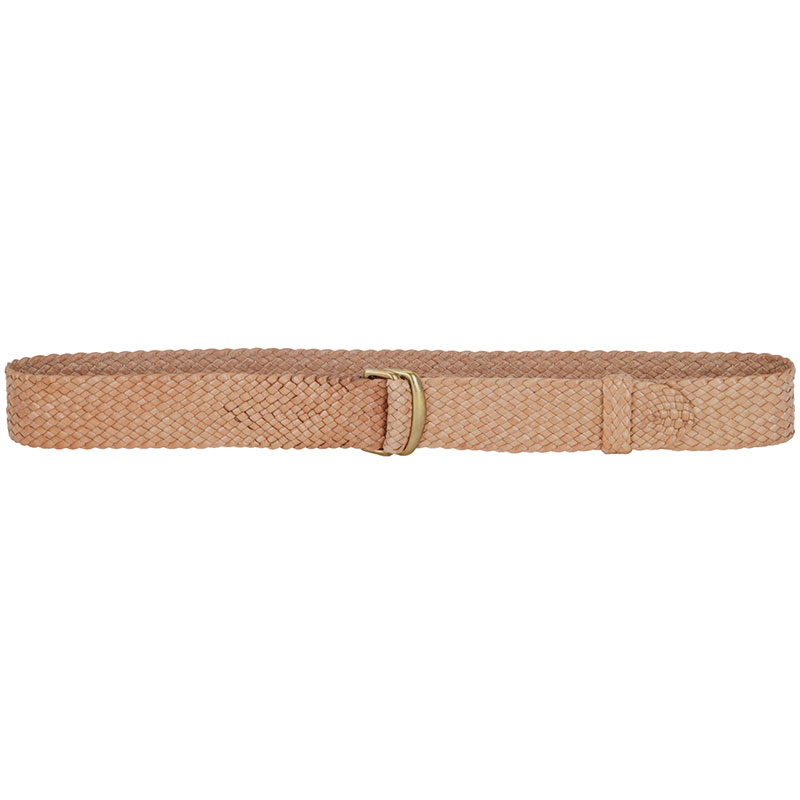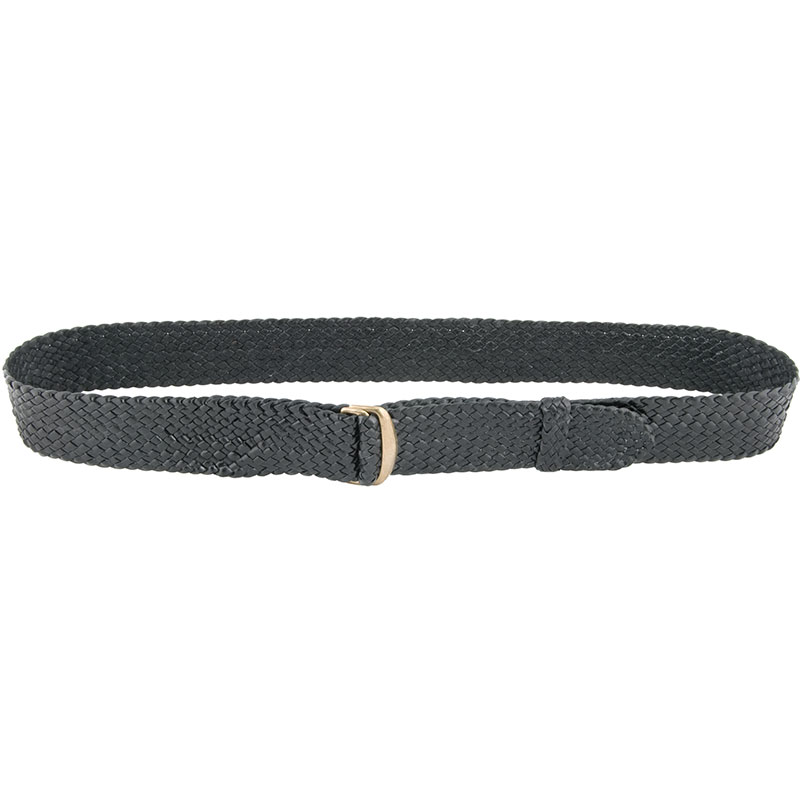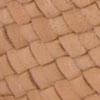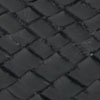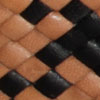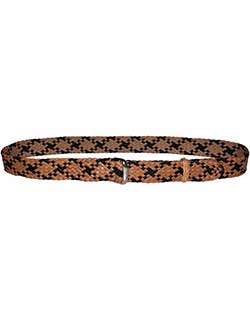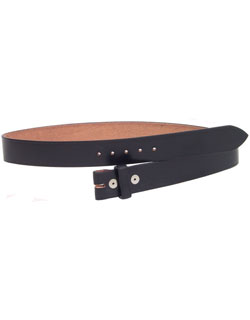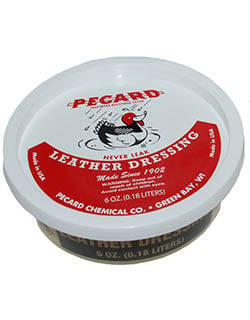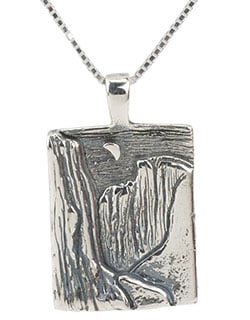Cinch Ring Belt, 1-1/2 Inch
Sixteen strands of kangaroo leather are braided together for this 1½ inch wide belt. The dees are bronze with a matte finish. The natural tan color darkens with sunlight and time. Our own production, hand crafted in the USA.
Do you live outside the US? Due to strict US export regulations, we are only able to ship kangaroo leather products outside the US by adhering to the US Fish and Wildlife Service export inspection procedures.
Sixteen strands of kangaroo leather are braided together for this 1½ inch wide belt. The dees are bronze with a matte finish. The natural tan color darkens with sunlight and time. Our own production, hand crafted in the USA.
Do you live outside the US? Due to strict US export regulations, we are only able to ship kangaroo leather products outside the US by adhering to the US Fish and Wildlife Service export inspection procedures.
-
View Colors
-
Natural Tan
-
Black
-
Two-tone
-
-
Cinch Ring Belts
Finely braided belts were a traditional specialty of the Australian whipmakers. In cutting a kangaroo skin for a whip, the center of the skin was often left too small for a second whip. This leather, the prime part of the skin, was ideal for belts. The usual style was a cinch ring belt with two harness rings or dees. The individual strands are turned over as they are braided past the end section, so that the grain side of the leather remains on the outside where the end folds back at the dees. The dees are attached by back-braiding the strands in the belt. There are no stitches to give way, no eyelets to tear, and the belt is continuously adjustable.
We have brought this craft to America so that you may enjoy wearing these belts, fine examples of traditional craftsmanship at its best. The natural tan darkens with sunlight and time.
To fasten your cinch ring belt, follow these simple steps:
1. Slip the braided end of the belt through both dees.
2. Fold the braided end of the belt back, slipping it between the smaller and larger dee.
3. Pull the braided end to tighten, then slip the end through the braided keeper.
Care
Fine leather deserves good care. We suggest a light coating of Pecard Leather Dressing every six months to help maintain the fine appearance and durability of these belts.
-
Belt Size
Belt size depends on your girth where your belt is worn and the buckle you intend using with the belt. The belt size is measured from the buckle end of the belt leather to the hole used.
You can determine your belt size using one of the following methods. Most of our belts allow about +/- 1½ inches adjustment in size. If you are between sizes, order the next size up.
Method 1
Measure a belt you are currently using from the buckle end of the belt leather to the hole in use. Round to the nearest ½ inch, then determine your belt size from the following chart. This method works best when you have a belt that fits well and will be using a similar belt buckle with your new belt.
Belt Size 30 32 34 36 38 40 42 44 Belt Measurement (inches) 28½-30 30½-32 32½-34 34½-36 36½-38 38½-40 40½-42 42½-44 Girth at Belt 28-29 30-31 32-33 34-35 36-37 38-39 40-41 42-43 Belt Size Belt Measurement (inches) Girth at Belt 30 28½-30 28-29 32 30½-32 30-31 34 32½-34 32-33 36 34½-36 34-35 38 36½-38 36-37 40 38½-40 38-39 42 40½-42 40-41 44 42½-44 42-43 Method 2
Measure your girth at your belt loops while wearing your pants. This measurement will correspond to the belt measurement plus the buckle. Determine your belt size from the chart above. This method works well for belts worn around the hips when you do not have an existing belt to measure.
-
Time Lapse of Plaiting
View our YouTube video to watch Will braiding a kangaroo leather cinch ring belt.
Time Lapse of Plaiting Belt
